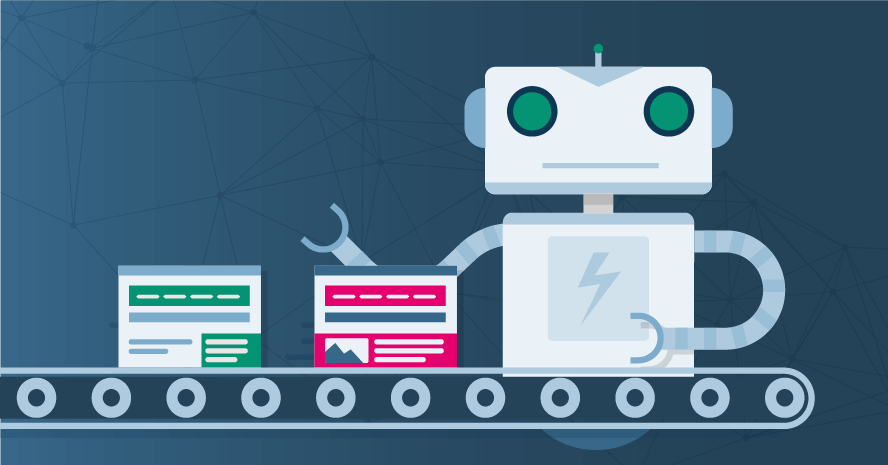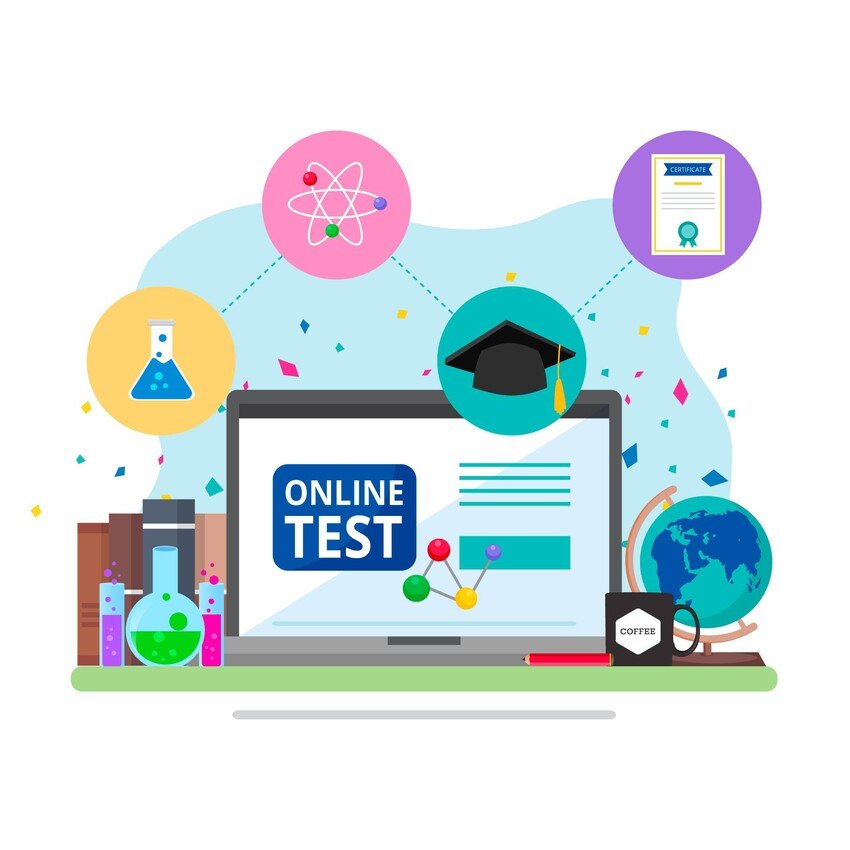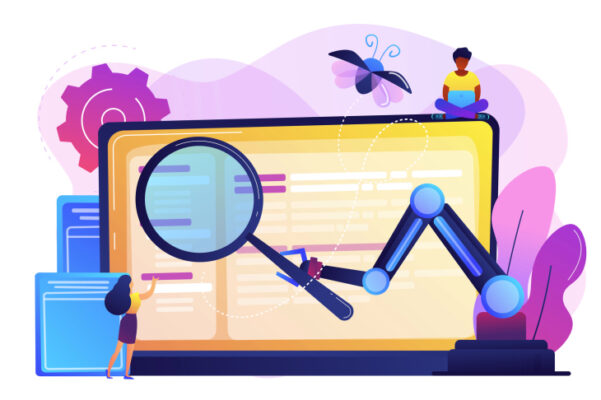As a software tester, I have the experience of employing Artificial Intelligence (AI) algorithms in my testing procedures. When I tell this to a friend of mine from outside of the IT industry, they are surprised. Siri, the voice-powered personal assistant or Tesla, the electric car are the kind of AI applications the general public identify AI with. However, AI has applications in versatile industries, including the software testing field in the last few years.
Artificial intelligence does not have any clear definition. The simplest way to describe it would be as the intelligence displayed by machines instead of the natural intelligence of humans and other living organisms. An AI software testing company is trained to learn, reason and self-correct itself. AI relies heavily on Machine Learning (ML) by which machines can act without being explicitly programmed.
Here are 7 Benefits I Found in AI Testing over Traditional Testing:
1. Fast-paced testing
Manual testing is slow, taking a toll on resources and costs. Code changes require new tests. Regression testing cycles drain quality assurance agents. AI automates test processes, enabling precise and continuous testing, at a much fast pace. Test automation simulates thousands of virtual users, which would not be possible in a controlled application testing. Moreover, AI tools tell with precision the number of tests required to test the changed code.
2. Better defect tracking
In traditional testing methods, bugs remain unnoticed for long. These ignored bugs become a nuisance later. AI can catch defects in seconds. AI analyses these errors. As test data grows, so do the number of bugs. AI automate processes, so codes are auto-corrected and bug tracking is assigned to QA teams. AI takes fingerprints of failures on debugging logs and identifies duplicate defects.
3. Script Automation
With AI, there is no need for automating a test script, as it is automatically executed by the AI algorithm. AI sorts through log files. It makes test cases more stable so that they are not brittle when locators are changed. With AI, test scripts have self-learning capabilities. AI can learn the page load behavior and get mock responses from the server.
4. Test Maintenance
In traditional testing, there is one way of finding fields in applications. AI testing is equipped to observe relationships between documentation segments. This allows it to adapt to changes made in real-time. Test scripts automatically adjust to changes. Tests are maintained reliably.
5. Evolving Bots
AI bots evolve with changes in code, learning new application functions. When AI detects changes in code, it determines whether it is new functionality. As tests run, AI algorithms are updated constantly. As a result, AI bots evolve and with it, the quality of the product improves.
6. Enhanced scope of testing
AI enhances the number and scope of tests. With ML, AI tools automatically write tests by spidering. AI tools have features that can crawl the application to collect data. The data is used to train the machine learning model about the application. The ML model compares results with expected patterns of the application and raises flags if there is a deviation. AI can analyze test coverage and tell about risk-pro areas with less coverage.
7. Visual User Interface Testing
AI helps in the visual validation of web pages. AI can test different contents on the user interface. These tests are hard to automate, typically requiring human intervention for judging layout. However, with ML-based visualization tools, differences in images are spotted in a way that would not be possible for humans to pinpoint. AI tools can take screenshots, measure load time and so on. AI testing eliminates the manual effort of updating the Document Object Model (DOM), building a framework and profiling risks.
These are only some benefits of AI in software testing that I’ve discovered. While some disagree, I do not believe AI taking over software testing entirely is unreasonable speculation.
Read Dive is a leading technology blog focusing on different domains like Blockchain, AI, Chatbot, Fintech, Health Tech, Software Development and Testing. For guest blogging, please feel free to contact at readdive@gmail.com.





